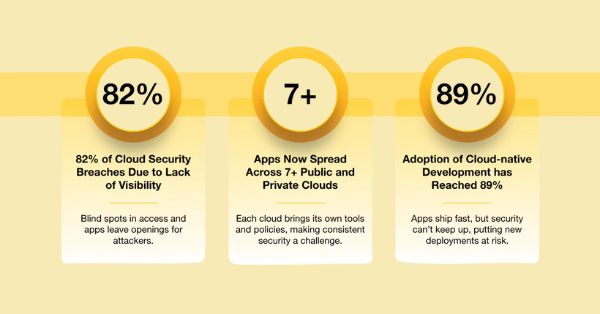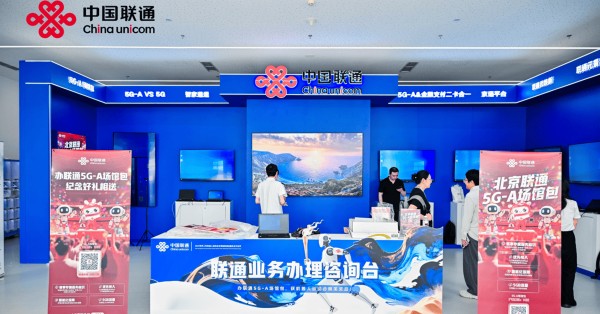Bharti’s Bold Move: Securing a 24.5% Stake in BT Group
India’s Bharti Enterprises has taken a significant step in its global expansion strategy by acquiring a 24.5% stake in British telecom giant BT Group. This move, valued at around £3.2 billion ($4 billion), positions Bharti as a key player in the European telecommunications market. Sunil Bharti Mittal, the founder and chairman of Bharti Enterprises, orchestrated this strategic acquisition, marking one of the most notable investments by an Indian conglomerate in a leading European company.
Bharti and BT: A Strategic Alignment for Global Telecom Growth
Bharti’s acquisition of a substantial stake in BT aligns with its broader vision of becoming a major global telecom player. Bharti Airtel, the flagship brand of Bharti Enterprises, already has a significant presence across 17 countries in South Asia and Africa. The investment in BT not only strengthens Bharti’s position in the global telecom landscape but also provides it with a strategic foothold in the UK market, which is poised for significant growth with the expansion of 5G and fiber networks.
Sunil Bharti Mittal emphasized that Bharti does not intend to acquire the entire BT Group but rather aims to support the company’s current executive team in its ambitious transformation program. This program, led by BT’s new CEO Allison Kirkby, focuses on revitalizing the company by delivering long-term sustainable growth through the expansion of the UK’s fiber network and enhancing its 5G capabilities. Bharti’s investment is seen as a strong endorsement of BT’s strategic direction under Kirkby’s leadership.
Bharti’s Investment: A Strong Endorsement of the UK Telecom Market
Bharti’s decision to invest in BT is also a testament to the resilience and potential of the UK telecom market. The UK has been a focal point for global telecom investors, particularly as the country ramps up its efforts to build out its fiber and 5G infrastructure. Bharti’s investment comes at a time when BT is executing its largest network expansion to date, which includes the roll-out of full-fiber broadband and the continued deployment of 5G services.
The acquisition also reflects Bharti’s confidence in the stability of the UK’s business and policy environment, despite recent economic uncertainties. This strategic move could be seen as a nod to the new Labour government, which is expected to play a crucial role in shaping the future of the UK’s telecom sector. Bharti’s investment is likely to be scrutinized by the government, especially concerning national security considerations, but it also underscores the attractiveness of the UK market to foreign investors.
How Bharti’s Stake Could Transform BT and the Telecom Industry
The investment by Bharti Enterprises in BT Group is expected to have far-reaching implications for both companies and the broader telecom sector. For BT, the entry of Bharti as a major shareholder brings in a partner with extensive experience in managing large-scale telecom operations across diverse markets. This could open up new opportunities for collaboration, particularly in areas like network automation, AI, and 5G technology, where both companies have significant expertise.
For Bharti, the investment in BT is part of a broader strategy to diversify its global portfolio and leverage opportunities in mature markets like Europe. According to Shravin Mittal, Managing Director of Bharti Global, the investment in BT adds a new dimension to Bharti’s international investment strategy. It represents a long-term commitment to enhancing Bharti’s presence in key global markets and creating synergies that could drive innovation and growth in the telecom sector.
Bharti and BT: Renewing Historical Ties for a Stronger Future
Bharti’s relationship with BT is not entirely new. The two companies have a history that dates back to the late 1990s when BT held a 21% stake in Bharti Airtel. This historical connection provides a foundation for the renewed partnership, with Bharti now taking a significant stake in BT. The deal also highlights Bharti’s ability to navigate complex global transactions, leveraging its deep industry knowledge and strategic vision.
The acquisition comes at a time when BT is undergoing a critical phase in its transformation journey. BT’s shares have seen a significant decline over the past decade, losing 72% of their value since 2015. However, the company’s long-term fiber build-out is beginning to yield positive results, with shares rising 24% in the last six months. Bharti’s investment is likely to further stabilize BT’s stock, providing a much-needed boost as the company seeks to regain investor confidence.
Bharti’s Strategic Investment: Debt Reduction and New Global Alliances
The backdrop of Bharti’s acquisition is Altice’s pressing need to reduce its debt burden, which stands at a staggering $60 billion. Patrick Drahi’s decision to sell his stake in BT is part of a broader strategy to streamline Altice’s operations and focus on core assets. For BT, the departure of Drahi removes a significant “overhang” on the stock, as noted by Deutsche Bank analysts. This shift in ownership could also pave the way for new partnerships and collaborations between BT and Bharti, potentially leading to innovative solutions in areas such as 5G deployment and network automation.
Furthermore, Bharti’s strategic investment in BT comes at a time when other global telecom giants, such as Deutsche Telekom and Mexico’s Carlos Slim, are also eyeing stakes in the British company. Deutsche Telekom, a long-term holder of a 12% stake in BT, and Carlos Slim, who recently acquired a 3.2% stake, reflect the growing interest in BT’s potential as it continues to build out its fiber and 5G networks.
Bharti’s Long-Term Vision: Partnering with BT for Sustainable Growth
Sunil Bharti Mittal has made it clear that Bharti’s investment in BT is driven by a long-term vision for the telecom sector. He has expressed confidence in BT’s future, noting that the company is well-positioned to capitalize on the opportunities presented by the ongoing digital transformation in the UK and beyond. Mittal’s approach emphasizes patient, strategic investment rather than short-term gains, positioning Bharti as a committed partner in BT’s journey towards sustainable growth.
As Bharti moves forward with its acquisition, the company is likely to explore further opportunities for collaboration with BT, particularly in areas where both companies can leverage their strengths to drive innovation and enhance customer experiences. This partnership has the potential to reshape the telecom landscape in the UK and set a new benchmark for global telecom collaborations.
In summary, Bharti’s acquisition of a 24.5% stake in BT is a significant milestone in the company’s global expansion strategy. It reflects Bharti’s confidence in the UK telecom market and its commitment to supporting BT’s transformation efforts. As both companies navigate the evolving telecom landscape, this strategic partnership could unlock new opportunities for growth and innovation, benefiting not only the shareholders but also the broader industry.

































